The Remarkable Life of Ibelin, a touching WoW documentary, reflects on online communities' importance as sanctuaries
The Remarkable life of Ibelin did not touch my heart as much as barged into it, broke some bones for healing and left me in a puddle in the emotional ER. It's an emotionally charged and deeply impactful story about the importance of online communities in the lives those who would otherwise be isolated. If you're not familiar with the film, it is a documentary that follows the life of Mats Steen. It was released in Norway in March and then brought to Netflix in 2018.
Mats Steen suffered from Duchenne muscular Dystrophy (DMD), which is a medical condition where muscles weaken over time. Duchenne muscular dystrophy is the most severe and has a lifespan of 20-30 years. Steen died at the age of 25 in 2014. You can read his entire blog (including his parents' farewell message) here.
Steen was a World of Warcraft gamer, and his death had such an impact on the digital community, that his parents decided to tell the BBC his story in 2019, after being shocked by the flood of supportive emails he received from people he knew.
I had the pleasure of interviewing the director of the documentary, Benjamin Ree. I also attended a roundtable with Ree, Ibelin’s voice actor and several disabled gamers, some of whom work for the charity Muscular Dystrophy UK.
Ree's story has been told before. I'll summarize it here: After reading the BBC article shared by Steen's Uncle (who was Ree’s teacher at the moment), the director decided that he would contact Steen’s parents. He found a wealth of documentation, and a story that he wanted to tell.
Ree admits that it's "kind of rare" to have such a large digital archive on a person who isn't a celebrity. You know, thousands of texts and 70 hours of family video. Mats wrote a post on his blog and the funeral was recorded. It's rare to have so much material behind."
Ree's first reading of the BBC article prompted him to ask questions: "Is it possible for a player to experience close friends in a video game? Is it possible for someone to feel love? It turns out that yes, it is possible.
Home is where you choose to make it
Although the importance of online friendships is not news to you or to me, I'm sure we've all experienced a situation where this importance was underestimated or misunderstood. In my interview with Ree, it was revealed that he had been one of those people who were initially unfamiliar with both World of Warcraft as well as the concept of roleplaying.
If you're not familiar with MMO roleplaying, it's a mix between improv and writing. You go into an MMORPG and get in character and act out scenes over months or even years. Roleplaying in WoW when I was a teenager was what got me into videogames and writing. Steen played Ibelin in WoW. He was the head of a detective agency.
Ree admits that he had never played World of Warcraft, despite owning a Nintendo 64. He seemed genuinely pleased that I understood what roleplay was, as someone who spent three years editing a movie to get the point across.
[img=]"You know how much you can do [in roleplay]... I couldn't even read it all, but it was compressed down to 4,000+ pages," he tells me, showing me a Google doc with a massive collection of roleplay sessions saved by Steen's friends via an external program. Ree tells me that he found a coming-of-age story in the chat logs, just like a Matrix coder.
Ibelin, the character, had a first love, experienced relationship drama, went on an adventure, and hung around with his friends. Ree says that she experienced the same thing, but in real life, and not within the game. It was my goal to include everyone. I wanted my 94-year old grandmother to feel included and be part of the film's test audience.
This was not an easy task. After a year of editing, the documentary didn't work. Ree continues to describe the cycle of interviewing and editing, followed by re-screenings, to ensure that even people with no experience in videogames could understand the message.
Crossing borders
As someone who, regrettably has touched manyvideogames throughout my life, I was extremely moved by the documentary. I was socially isolated when I was younger and found online games, as well as roleplaying, to be a great comfort.
It was striking to me how similar Mats Steen’s story felt even though I am a world away from his struggles. I'm also not alone. I found that many people were able to relate to Mats Steen, and to the coming of age story Ree describes. I asked Ree to explain why he believes that.
"That's an excellent question. It's interesting that many men watched the movie and then filmed and took pictures of them after watching it, tearing up. In a sense, they were sharing their grief and emotions virtually after viewing the film. I've seen messages from men who say, "I haven't wept since 1999 and this is the very first time since then". This is quite interesting.
Ree continued, "I've thought a lot about the question you asked me." "I think that it touches something deep within us. The film is about online communities and friendships. I think that many people who have experienced the closeness you can get with someone online without ever meeting them have also had difficulty explaining that to non-gamers.
[img=]As I write this, it strikes me that the documentary itself addresses the gap in understanding between gamers, and non-gamers. The following spoilers are mild, but the documentary briefly follows Rumour, Ibelin's love interest in character, who was piloted by Lisette in the real world.
Lisette's parents took her computer from her, even though she was failing school and needed to find a better balance with real life and WoW. They did more harm than good by doing this. It is obvious that cutting Lisette completely off is a tragedy. While she needed to spend less on the computer, removing her from a support group genuinely harmed her mental health.
Ree says the documentary is a powerful way to show the importance of gaming communities for their players. It does this "visually and emotionally", which Ree describes as being "very powerful". It allows those who have found refuge online to feel seen. What is difficult to describe, is now shown visually and emotionally, and I think that touches many people deeply. One of the first viewings of the finished film we had in Norway was a 15-year old who came up to me, saying: "I don't even have any real-life friends." All of my friends, including those I've made through gaming, are virtual.
"He said, 'Thanks for making this movie. Now I can show my parents this film, and they'll understand better. In a sense, I think he summed it up. It's been a community that's not been understood well and there's been a lot prejudice against them. Now there's a movie that shows how powerful and tight friendships can be virtually."
Why games are so important
It's easy to overlook how important online spaces can be for people, regardless of what they're experiencing. This could include permanent mental or physical disabilities, bullying, abusive environments at home, isolating relationship, or a lack acceptance for their sexuality and gender identity.
The Remarkable Life of Ibelin, amidst the sometimes vicious dramas of online gaming communities and sea of hot takeovers, has reminded me how videogames play a vital and irreplaceable role in people's lives. They can hurt and isolate people, but they can also give them a better quality of life.
I'll be writing more about The Remarkable Life of Ibelin in the coming week, including sharing the stories and voices of those with muscular Dystrophy who attended this roundtable. But if you want to help out, Muscular Dystrophy UK offers a fundraising program named Game On which will help the charity help people like Steen here on the other side of the pond.
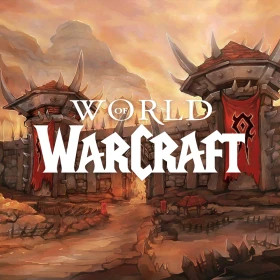
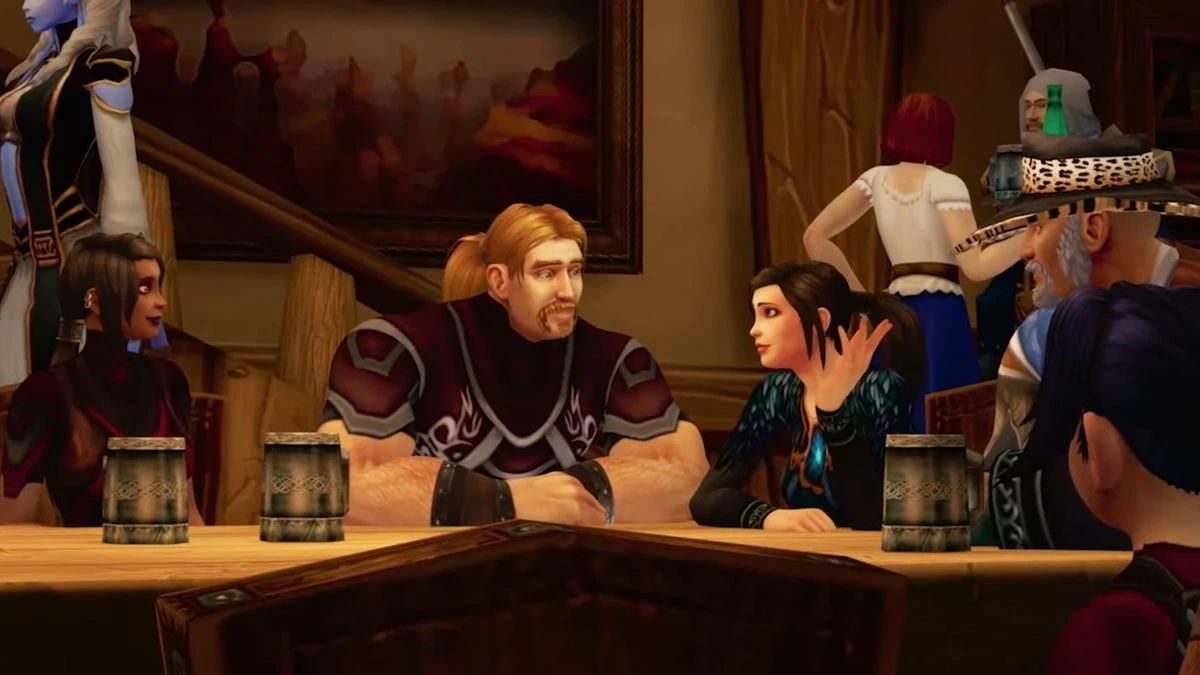
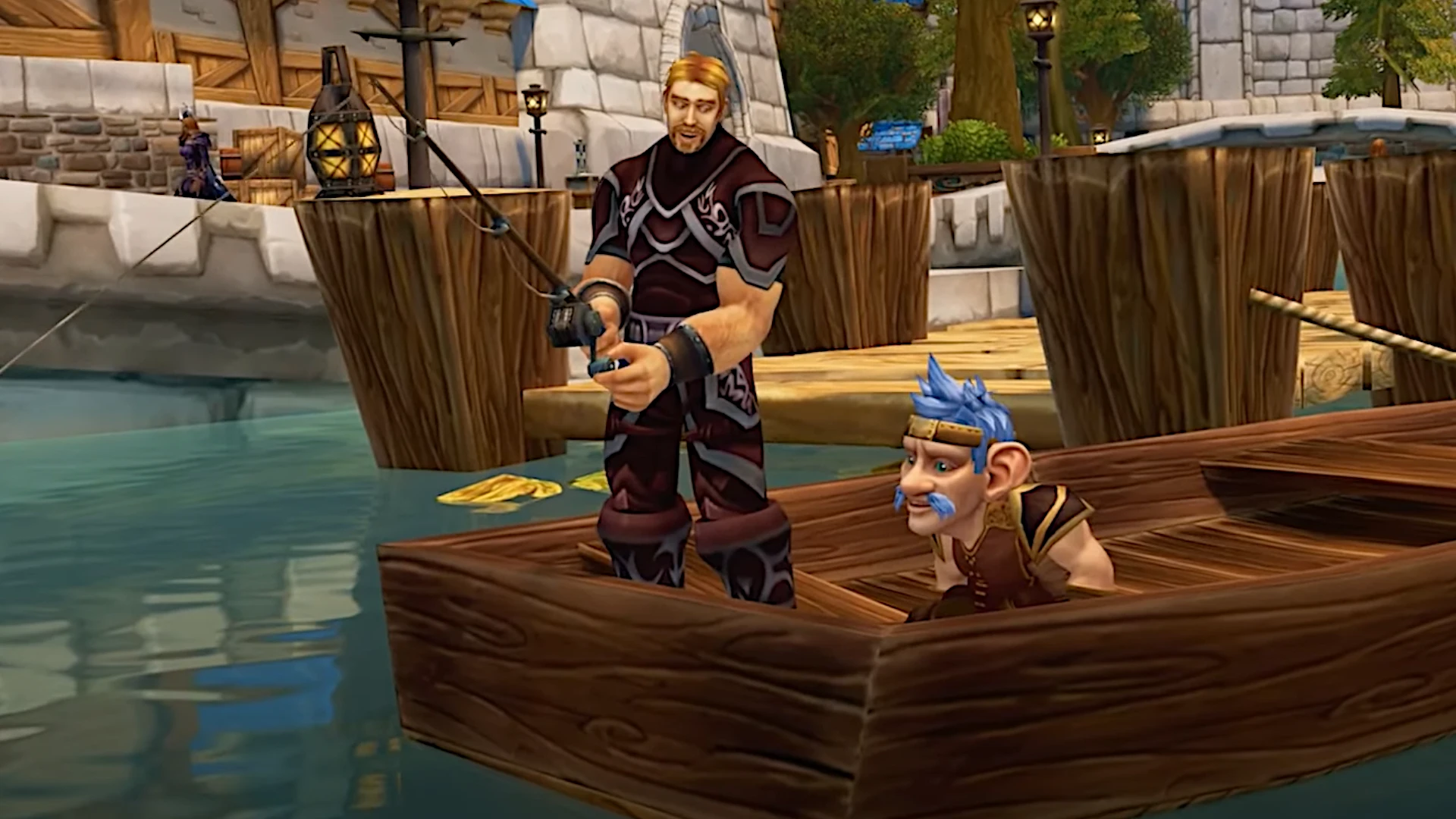
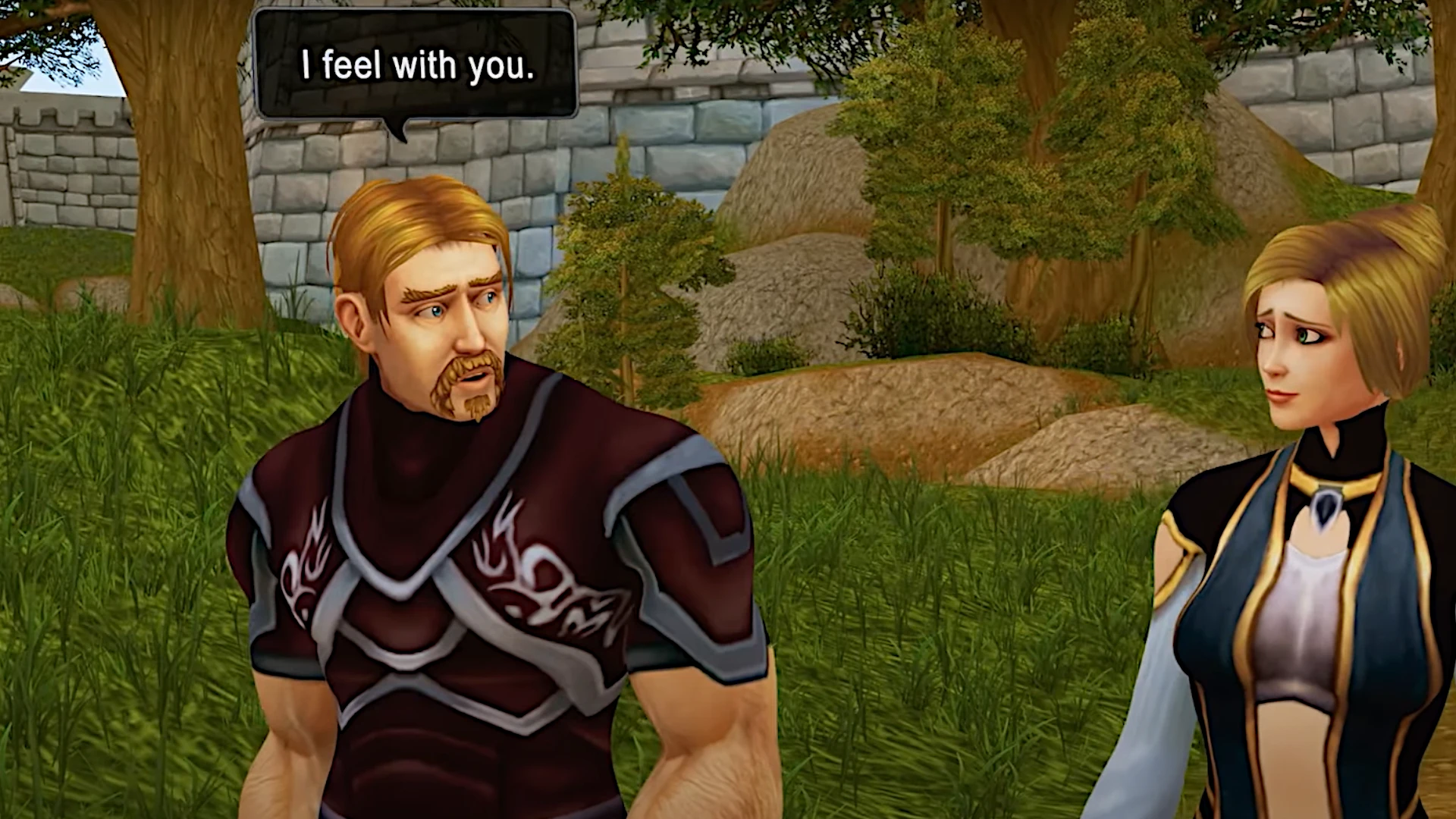
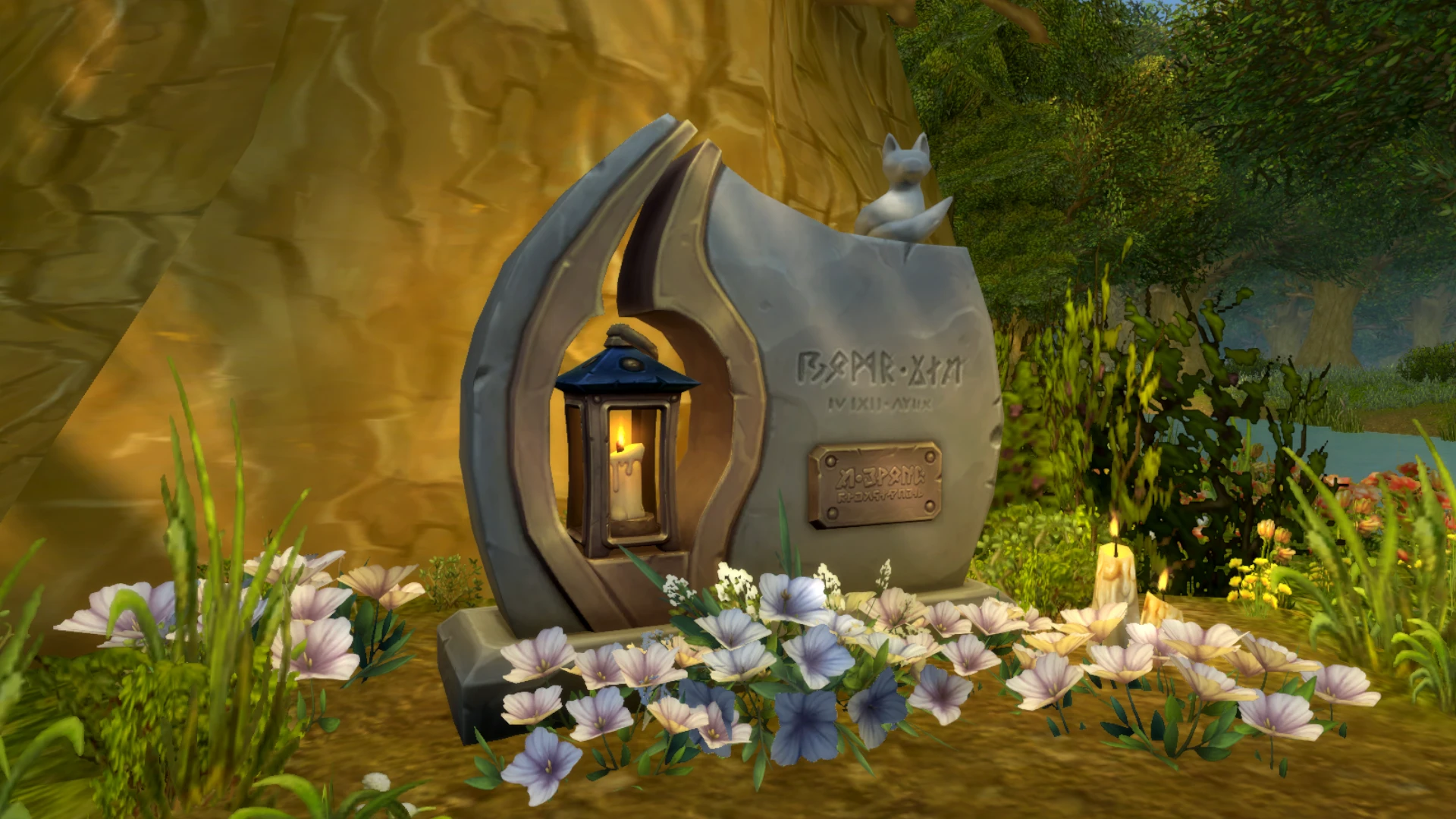

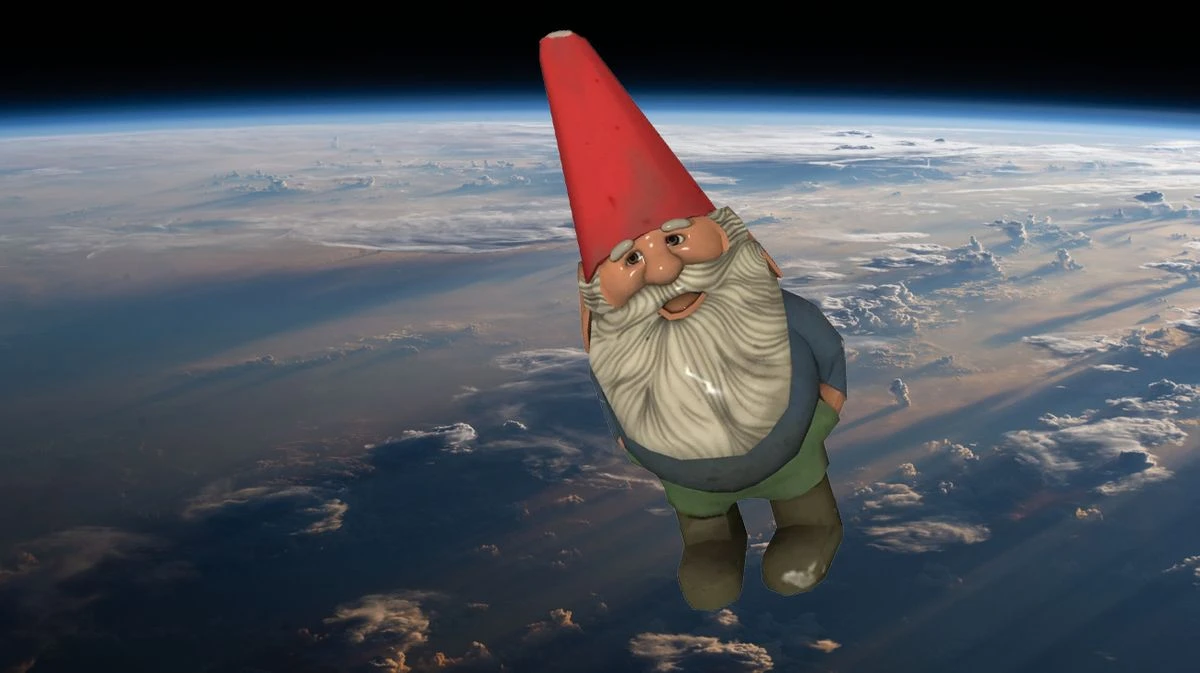
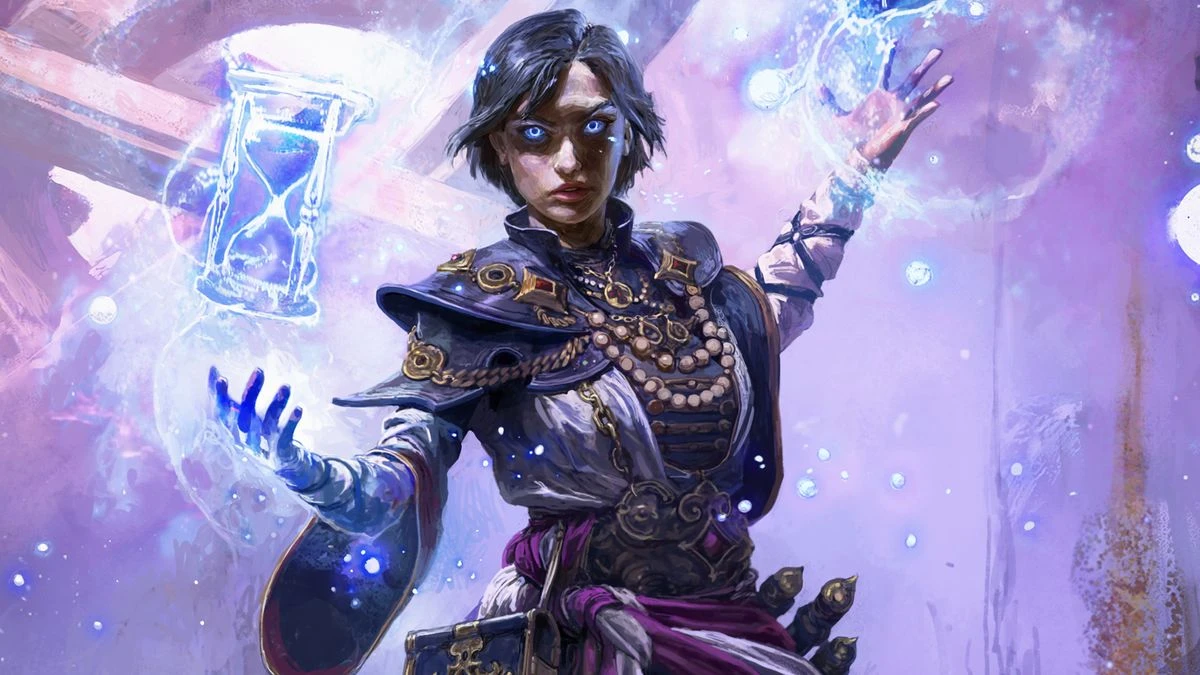
Comments